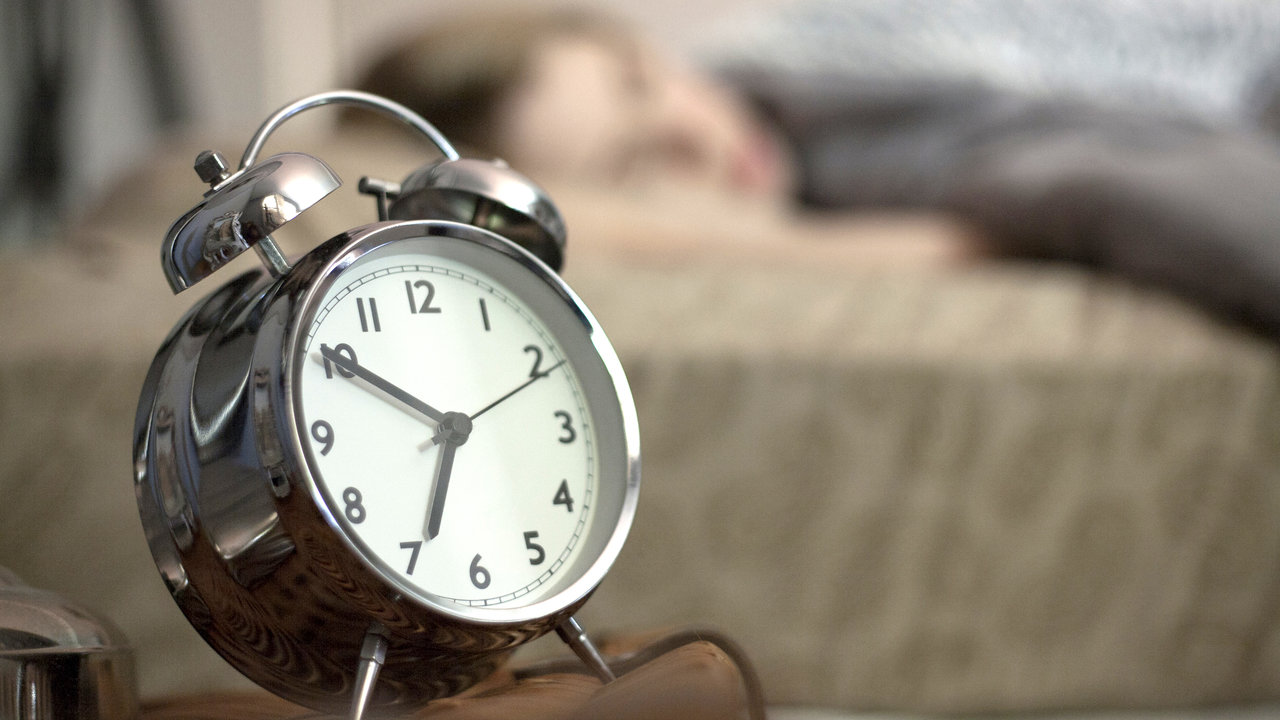Should Schools Start Later in the Morning?
Teens have to wake up early for school, but it could have negative health effects
September 18, 2017
Every week, teenagers lose about nineteen hours of sleep, which equals about two nights out of the seven in a week. It’s no wonder that teens are severely sleep-deprived at school. This is a problem for many reasons, but there is a solution. Many schools around the country have already started pushing back school start times (including Stevenson). Should later school start times become a norm?
With students’ physical health a top priority for schools, switching start times can only help. In the National Sleep Foundation’s Sleep in America 2002 poll, 80% of people polled agreed that schools shouldn’t start any earlier than 8 a.m. The science of teens’ body functions supports this mindset. A later start would be the most beneficial to a growing teenager. As found in an experiment done by Dr. Mary A. Carskadon of Brown University, melatonin – the sleep hormone – is secreted at a later time in teens than in adults. This means that although they may be exhausted, their biological clock prevents most adolescents from going to sleep before 11 PM. Based on this information, schools should start at least 8 o’clock to allow students the 9 hours of sleep their bodies need. With the schools starting as early as they do, it harms the teenage body by messing up their sleep schedule. In addition, allowing teens more sleep has proved to have a “reduced risk of metabolic and nutritional deficits associated with insufficient sleep, including obesity,” per Carskadon in the School Start Time and Sleep article on the National Sleep Foundation website.
Just as important as physical health, proper sleep significantly improves students’ mental health. More sleep has been proven to reduce stress and fatigue. According to nurse Sarah Day, “I am very concerned about the mental health of kids in [my] district. Stress and fatigue add to that.” Sleep deficits can lead to depression, but it may not always be a clinical disorder, just the backlash of losing sleep. According to the American Association of Sleep Medicine, or AASM, “sleep deprivation leads to anxiety, irritability, lack of motivation and other symptoms of depression.” Just by changing when the first bell rings, schools can work to improve the mental health of their students.
Besides health benefits, more sleep has shown to boost grades. With education being the purpose of school, every measure should be taken to make sure teens get the most out of their day. Due to sleep deprivation, students have trouble concentrating. This causes attention deficits, slow reactions, higher distractibility, forgetfulness, and bad decision making. All of these negatively affect grades and test scores. Feeling tired or falling asleep in class is another issue that is highly detrimental to a student’s learning. School districts that implemented this schedule report that when they pushed back start times, tardiness and absenteeism declined.
Changing school start times so they’re later offers many benefits. Now the only question is, will school administrators see these benefits and modify school start times to reflect this?









